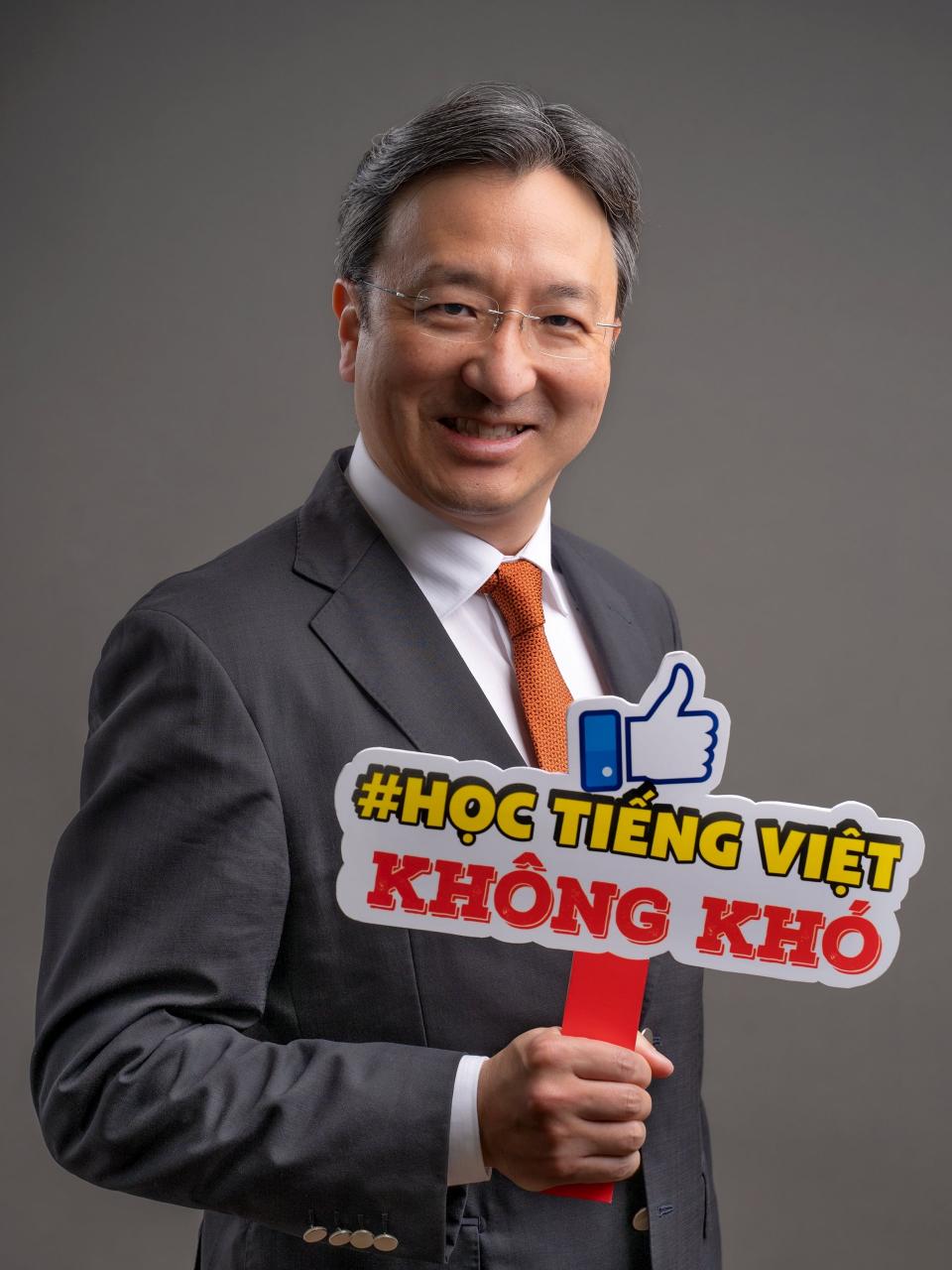
Hearing that I was going to Sapporo (Japan), Hiroki Tahara - an old friend - flew more than two thousand kilometers from Fukuoka to visit. Seeing my gratitude, he smiled: "Because I longed to hear Vietnamese, it's been so long since I've been back to Vietnam (how Professor Hiroki Tahara affectionately addresses me - NV), so I came to visit you to ease my longing! Moreover, my friends in Vietnam often ask: "When will you come back?" which means when will you come back to Saigon, not to Japan. The word "come back" sounds more pleasant and warmer. I'm so happy to have a second homeland and to be accepted by that homeland"...
Vietnamese fish sauce attracts foreigners
Every time he returned to Saigon, Tahara often invited me to the Do Do restaurant owned by writer Nguyen Nhat Anh. Every time he ate, he looked like a... Vietnamese from Quang Nam far away from home. The restaurant had many typical dishes from Quang Nam and they were all displayed. Tahara loved Vietnamese food, especially dishes from the Central region.
“So when I first came to Vietnam to study, I found Vietnamese rice not to my taste. It was just because I was from the land of Japan’s most famous rice, Koshihikari rice, so I felt strange when exposed to rice from other countries.
Seeing the Japanese student malnourished because he only ate bread, the wife of Tahara’s Vietnamese teacher was both worried and sympathetic, always inviting the family to dinner every Sunday afternoon. At that time, he was too young to know the “deliciousness” of Vietnam. Fish sauce was also unfamiliar, but now he eats shrimp paste, shrimp paste, and everything else deliciously!” - Tahara recalled.
Tahara still remembers the first time he celebrated Vietnamese Tet. It was in 1993, when his Vietnamese teacher's family invited him to celebrate Tet. He remembers most the fried wontons and Chinese sausages his teacher made to treat his Japanese student.
“That year, I thought I would have to celebrate Tet alone, but the teacher's family welcomed me like a family member. This was a source of encouragement for me when I was most discouraged, to the point that if it weren't for the teacher and his wife, I would have dropped out of school a long time ago,” he confided.
That's why Tahara feels more attached to Vietnam. He also chose to have 50% Vietnamese blood as his wife's mother is Vietnamese.
His chance to learn Vietnamese came when he failed the university entrance exam for the first time. In 1990, Hiroki Tahara took the Korean language entrance exam at Tokyo University of Foreign Studies but failed. His family told Tahara to choose a new language that few people knew. Tahara saw that there were 3 languages that few people learned: Thai, Burmese, and Vietnamese, of which Vietnamese has the Latin alphabet, so he chose Vietnamese because he thought "learning Vietnamese should be easy".
At that time, Tahara did not expect that Vietnamese would be his lifelong destiny. Especially when he was one of the first 10 Japanese students to go to Saigon to study Vietnamese in 1992 at the Center for Vietnamese and Southeast Asian Studies of Ho Chi Minh City University.
The funnier it is, the easier it is to learn Vietnamese.
The day I met Tahara in Japan, he was accompanied by singer Vi Thao, a famous singer from Duy Xuyen. After being surprised like any Vietnamese person hearing Tahara speak for the first time, Vi Thao immediately asked why he was so fluent in Vietnamese?
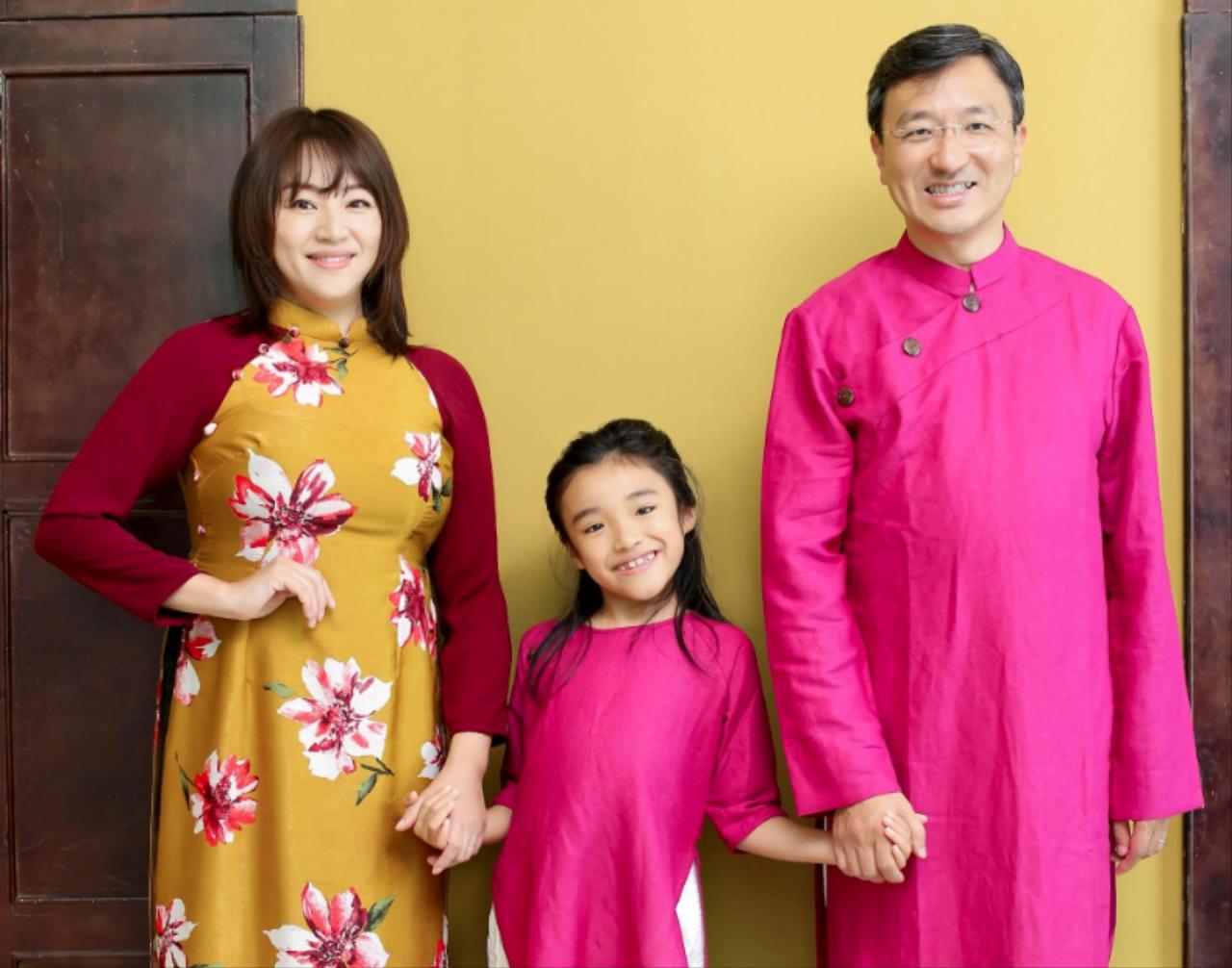
Tahara modestly said: “Many foreigners are much better at Vietnamese than me, but my Vietnamese is still limited. But thanks to many good Vietnamese friends, they are willing to sacrifice their time and talk to me, so my Vietnamese gradually improves. Especially thanks to humor, I learn Vietnamese quickly.”
I remember, during a field trip to Hoi An in the 1990s, someone came to ask a Japanese guy: “Is your name Toa-hoa-roa?”. The guy slowly replied: “No. My name is Tahara”. The person asking the question insisted: he was Toa-hoa-roa and the person answering the question still insisted that he was Tahara.
The linguistics student at that time intentionally joked to feel the interesting accent of this land. The accent of the land that Tahara admitted was not easy to "translate" and pronounce. This was also an opportunity for Tahara to practice distinguishing the accent of Quang people when a foreigner like him usually only learned the Southern or Northern accent.
Tahara added: “During my time working as an interpreter at the Japanese Embassy in Hanoi , I often met Vietnamese leaders, many of whom were from the Central region, so I could easily listen and understand the words and expressions. Tahara's secret to speaking fluently and writing well in Vietnamese is simply: Don't be afraid of making mistakes, don't be afraid of being criticized, just speak and write.”
Vietnamese - a gift from heaven
Professor Tahara considers Vietnamese to be a “gift” from God. Because “thanks to Vietnamese, I have a decent life like today. I must repay the Vietnamese people.”
In addition to promoting and enthusiastically supporting everything related to teaching and learning Vietnamese in Japan over the past decades, Professor Tahara has published 4 books about Vietnamese. “For the Japanese, the country and people of Vietnam are no longer strange. Vietnam is a favorite tourist destination for the Japanese. The number of Vietnamese living in Japan is also large, and the number of people traveling to Japan is also increasing day by day. However, learning Vietnamese in Japan is still not popular.
Traveling to Vietnam, if you know Vietnamese, it will be 10 times more fun, and if you know Cantonese, it will be even more fun. As someone who has studied Vietnamese for more than 30 years, I would like to contribute something small from myself to promote the relationship between Japan and Vietnam!" - Professor Tahara said.
In addition to the “Vietnamese-Japanese Dictionary” which is being revised and supplemented for its reprint, Tahara is also nurturing another long-term project called “Vietnamese Bolero Music” which has been approved by the Japanese Ministry of Culture and Science to be funded. This stems from Tahara’s love for Vietnamese music, especially his love for listening to bolero music. The opportunity came when he first heard the first bolero song in the Vietnamese new music scene by Quang musician Le Trong Nguyen, “Nang Chieu”, and the song then became Tahara’s favorite Vietnamese song.
Professor of Linguistics Hiroki Tahara, born in 1972, studied Vietnamese at Tokyo University of Foreign Studies, Japan and Ho Chi Minh City University of Science. Professor Tahara was an Attaché at the Japanese Embassy in Vietnam from 1996 to 1999; Vietnamese-Japanese interpreter for many high-ranking officials of Vietnam and Japan. Currently a member of the Board of Directors, Ritsumeikan Academy; Professor at Ritsumeikan Asia Pacific University, Japan.
He has written 4 books on Vietnamese for Japanese people: “Introduction to Vietnamese”; “Vietnamese Grammar”; “Vietnamese Communication - Helping you connect with Vietnamese”; “Vietnamese - Japanese Dictionary” (co-written with Mr. Nguyen Van Hue and Ms. Tran Thi Minh Gioi).
Source: https://baoquangnam.vn/giao-su-nguoi-nhat-hiroki-tahara-ve-nghe-tieng-viet-3148399.html








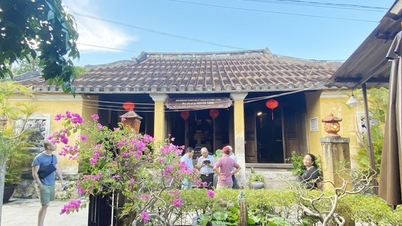

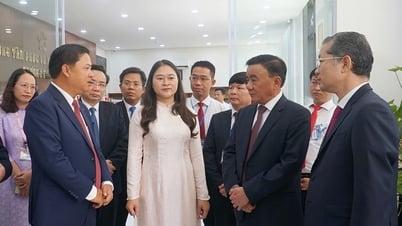
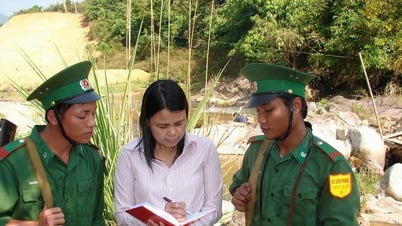
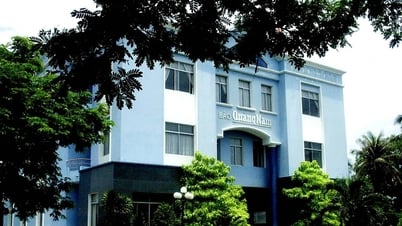
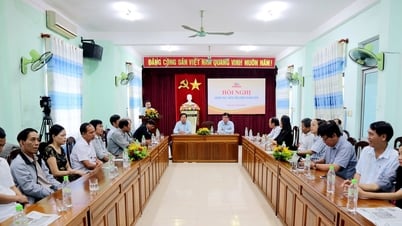
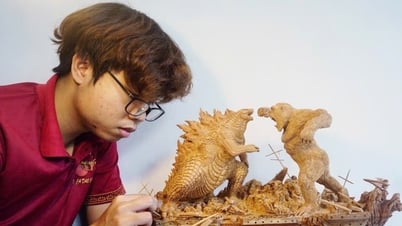







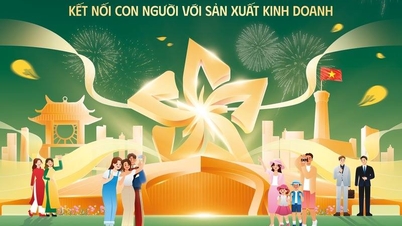
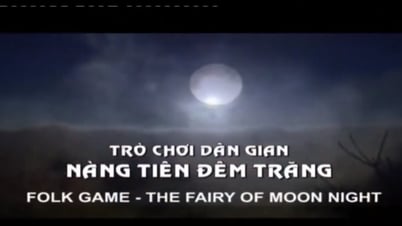




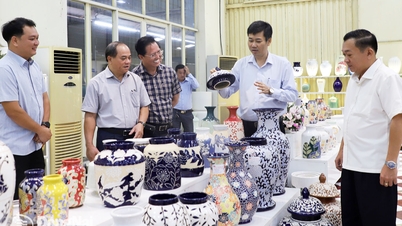










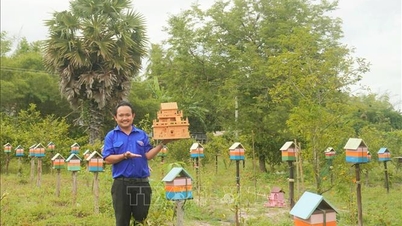




















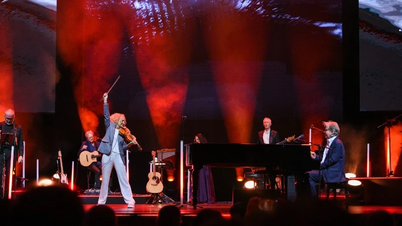




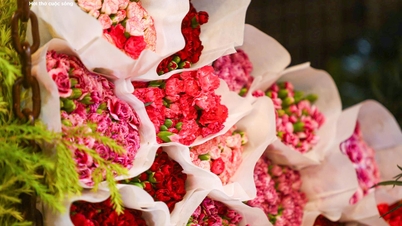
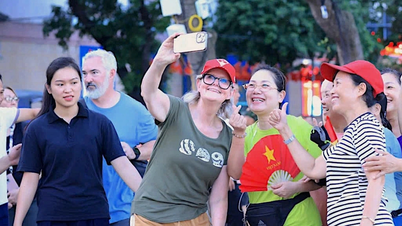

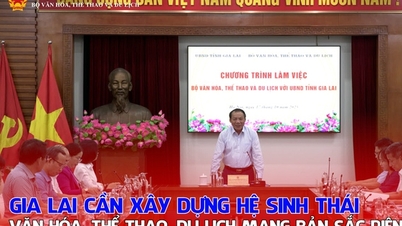

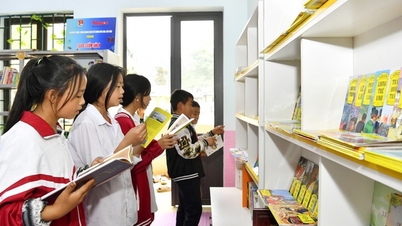




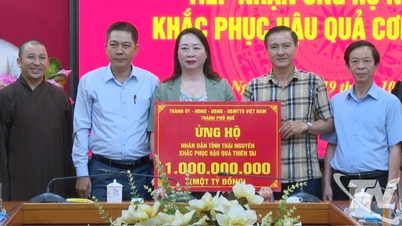

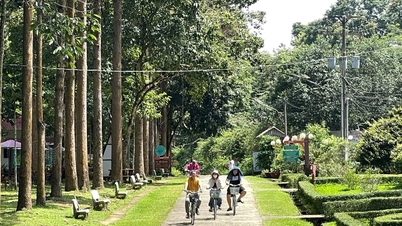






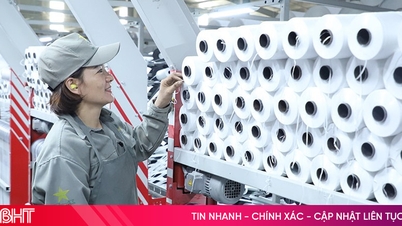










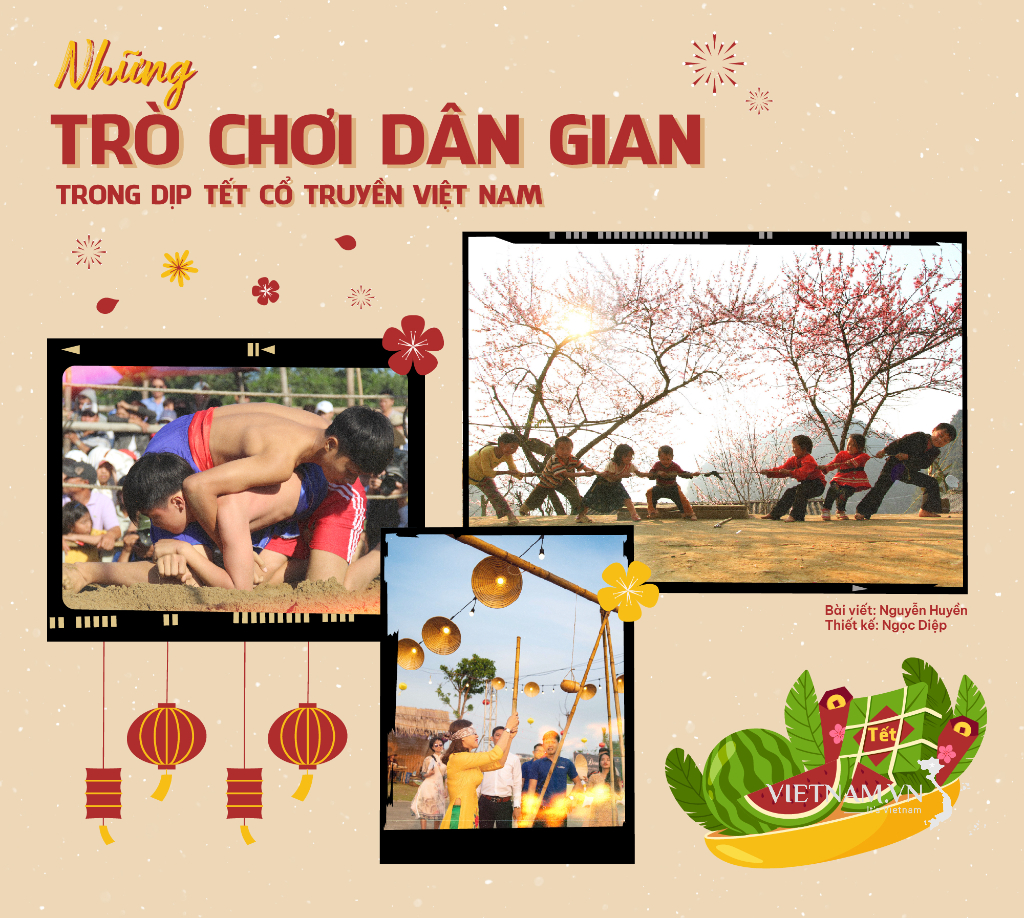


Comment (0)